Carnival Upgraded to Buy at Jefferies, Shares Gain 3%

Jefferies upgraded Carnival (NYSE:CCL) to Buy from Hold, accompanied by an increase in the target price for the stock from $9 to $25 per share. Shares gained more than 3% pre-market today. In a note to investors, the analysts highlighted several factors that influenced the decision.
According to the analysts, the recent leadership change, along with the recovery in supply and demand, has led to a significant shift in the company's value from debt to equity. They believe this shift makes Carnival shares more attractive for broader investment, with the potential for progress over multiple years.
The analysts noted that the new CEO, who has been in the position for 11 months, has implemented structural changes within Carnival, resulting in a flatter and more efficient reporting structure. This has enabled direct reporting relationships for 93% of the company's total brand capacity to the CEO.
The analysts also highlighted favorable fuel costs as a tailwind for the company. Decreasing fuel prices, coupled with increased fuel efficiency due to a fleet upgrade with newer ships, are expected to improve margins and bring them back to pre-pandemic levels. The reduction in fuel consumption is projected to generate approximately $250 million in annual savings in 2023 compared to 2019, with further improvements anticipated by 2026.
| Symbol | Price | %chg |
|---|---|---|
| 4661.T | 3175 | 0 |
| 7832.T | 4982 | 0 |
| 081660.KS | 35850 | 0 |
| 7309.T | 16590 | 0 |
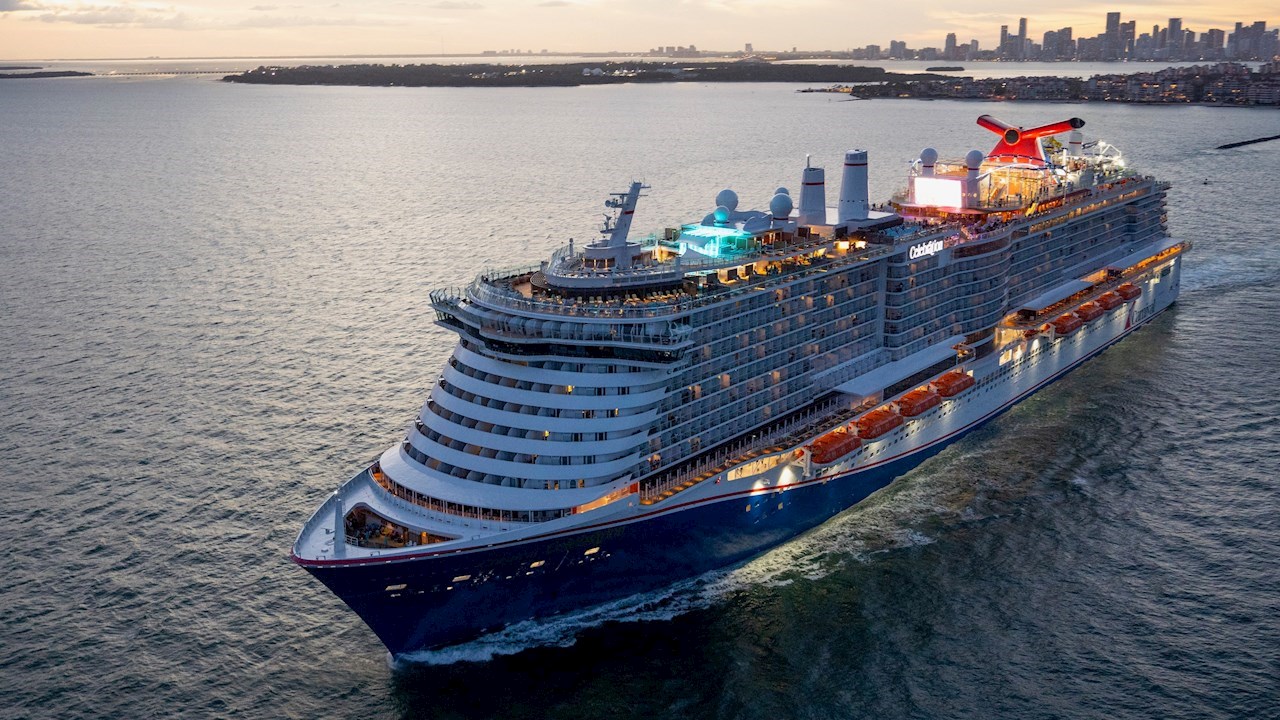
Carnival Shares Rise 7% on Strong Q2 Beat and Upgraded Full-Year Outlook
Carnival (NYSE:CCL) shares climbed more than 7% intra-day today after the cruise line delivered second-quarter results that outpaced expectations and raised its full-year guidance, signaling continued post-pandemic strength in the travel sector.
The company posted earnings per share of $0.35 for the quarter, beating analyst estimates by $0.24. Revenue reached $6.33 billion, surpassing consensus expectations of $6.21 billion and rising by nearly $550 million year-over-year.
Looking ahead, Carnival anticipates a 3.5% year-over-year increase in constant-currency net yields for Q3 2025, building on a strong 9% gain during the same period in 2024. For the full year, net yields are now expected to rise about 5% over 2024’s already impressive 11% growth—30 basis points higher than the company’s prior forecast from March.
The better-than-expected results and upward revisions to guidance reflect robust demand and improved pricing power, reinforcing investor confidence in Carnival’s recovery trajectory.
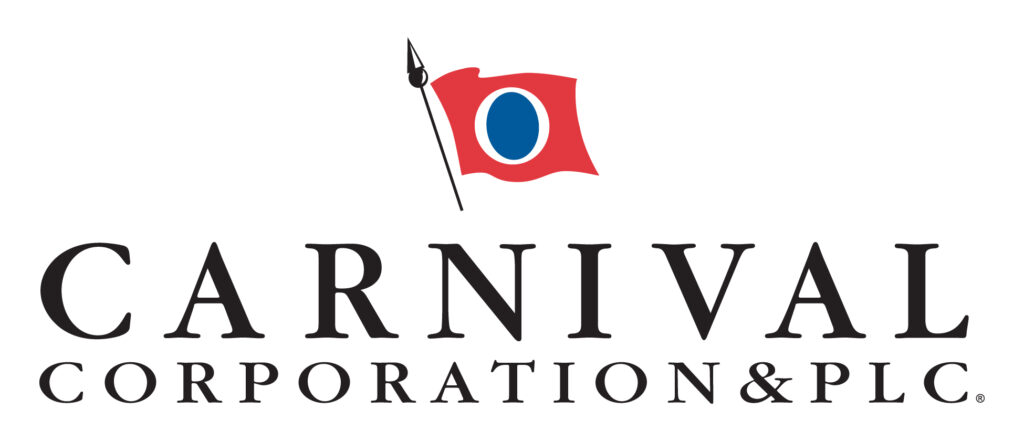
Carnival Corporation's (NYSE: CCL) Impressive Earnings Beat and Financial Performance
- Carnival Corporation (NYSE:CCL) reported earnings per share (EPS) of $0.35, surpassing estimates and marking a 45.83% positive surprise.
- The company's revenue reached approximately $6.33 billion, exceeding expectations and showing a 9% increase year-over-year.
- Carnival achieved its 2026 financial targets 18 months ahead of schedule, with a notable 9% surge in its stock price.
Carnival Corporation (NYSE:CCL) is a major player in the leisure and recreation services industry, primarily known for its cruise line operations. The company operates a fleet of ships under various brand names, offering vacation experiences across the globe. Carnival competes with other cruise giants like Norwegian Cruise Line Holdings and Royal Caribbean Group.
On June 24, 2025, Carnival reported earnings per share (EPS) of $0.35, surpassing the estimated $0.24. This performance marked a 45.83% positive surprise compared to the Zacks Consensus Estimate of $0.24 per share. The company also reported a revenue of approximately $6.33 billion, exceeding the estimated $6.21 billion, and showing a more than 9% increase year-over-year.
Carnival's strong financial results were driven by a 3% increase in passengers, reaching 3.4 million, and reduced costs. The company achieved its 2026 financial targets 18 months ahead of schedule, despite a challenging macroeconomic and geopolitical environment. This success led to a 9% surge in Carnival's stock price, making it one of the top performers in the S&P 500.
The positive news from Carnival also benefited its competitors, with shares of Norwegian Cruise Line Holdings and Royal Caribbean Group seeing gains. Carnival's adjusted return on invested capital and adjusted EBITDA per available lower berth day reached their highest levels in nearly two decades, highlighting the company's operational efficiency.
Carnival's financial metrics reveal a price-to-earnings (P/E) ratio of approximately 16.59, indicating the market's valuation of its earnings. The company's price-to-sales ratio stands at about 1.33, while its enterprise value to sales ratio is 2.41. However, the debt-to-equity ratio is notably high at 3.09, suggesting a significant reliance on debt financing.
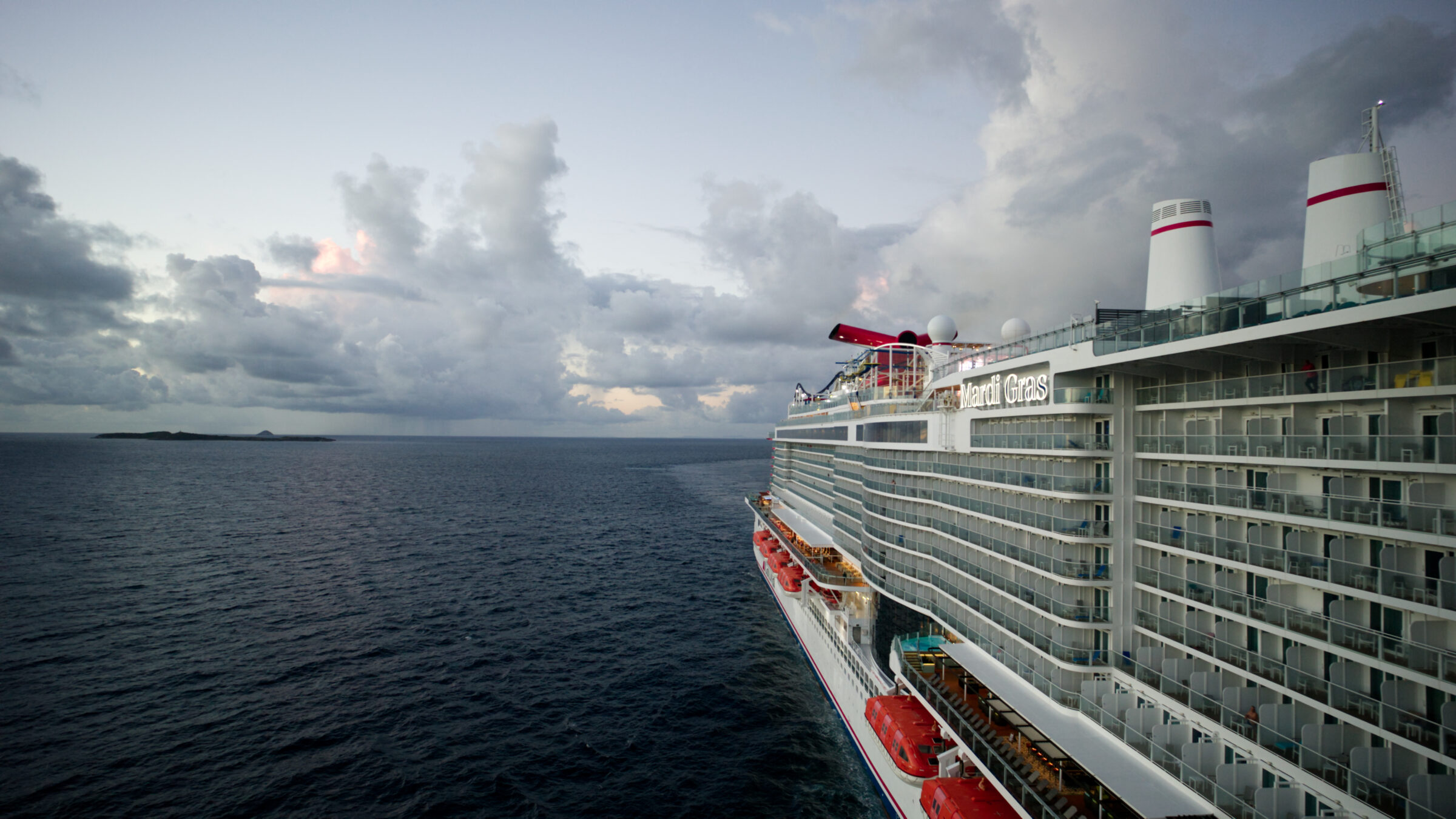
Carnival Corporation & plc (NYSE:CCL) Stock Analysis: A Deep Dive into the Leisure Travel Giant's Prospects
- Analysts' price target for Carnival Corporation & plc (NYSE:CCL) has seen fluctuations, with a current average of $27.33, indicating a modest decline in optimism but an overall positive sentiment compared to last year.
- Anticipated earnings growth is expected, with forecasts of $0.24 per share for the upcoming earnings report, a significant increase from the previous year.
- The company has been upgraded to a Zacks Rank #2 (Buy), reflecting increased optimism about its earnings potential and improved financial health.
Carnival Corporation & plc (NYSE:CCL) is a major player in the leisure travel industry, operating a diverse fleet of cruise ships under various brand names. The company offers a wide range of travel experiences and services worldwide. As a leader in the cruise industry, Carnival competes with other major cruise lines like Royal Caribbean and Norwegian Cruise Line.
The consensus price target for Carnival's stock has seen fluctuations over the past year. Last month, the average price target was $27.33, reflecting analysts' expectations for the stock's near-term performance. This is a slight decrease from the previous quarter's target of $28.50, indicating a modest decline in analysts' optimism. However, compared to last year's target of $23.60, there is a notable increase, suggesting improved sentiment towards the company's prospects.
Recent news and developments provide context for these price target changes. Carnival is set to release its earnings report, with analysts forecasting earnings of $0.24 per share, a significant increase from $0.11 per share in the same quarter last year. This anticipated growth in earnings could positively impact the stock's movement, as highlighted by Berenberg Bank analyst Stuart Gordon, who has set a price target of $23 for CCL.
The cruise industry is recovering from the COVID-19 pandemic, with increased discretionary spending on travel and leisure activities. This trend could positively impact Carnival's earnings, as noted by Marley Kayden. Despite geopolitical risks in the Middle East, Carnival's strategic focus on the Caribbean and Northern Europe helps minimize exposure to these conflicts. However, rising oil prices remain a significant risk factor for the company.
Carnival has received an upgrade to a Zacks Rank #2 (Buy), indicating increased optimism regarding its earnings potential. The company's management has raised its net yield and EBITDA guidance compared to peers, and its leverage ratios are improving. These factors contribute to a positive outlook for Carnival, with a minimum price target set at $27 per share, as highlighted by analysts.
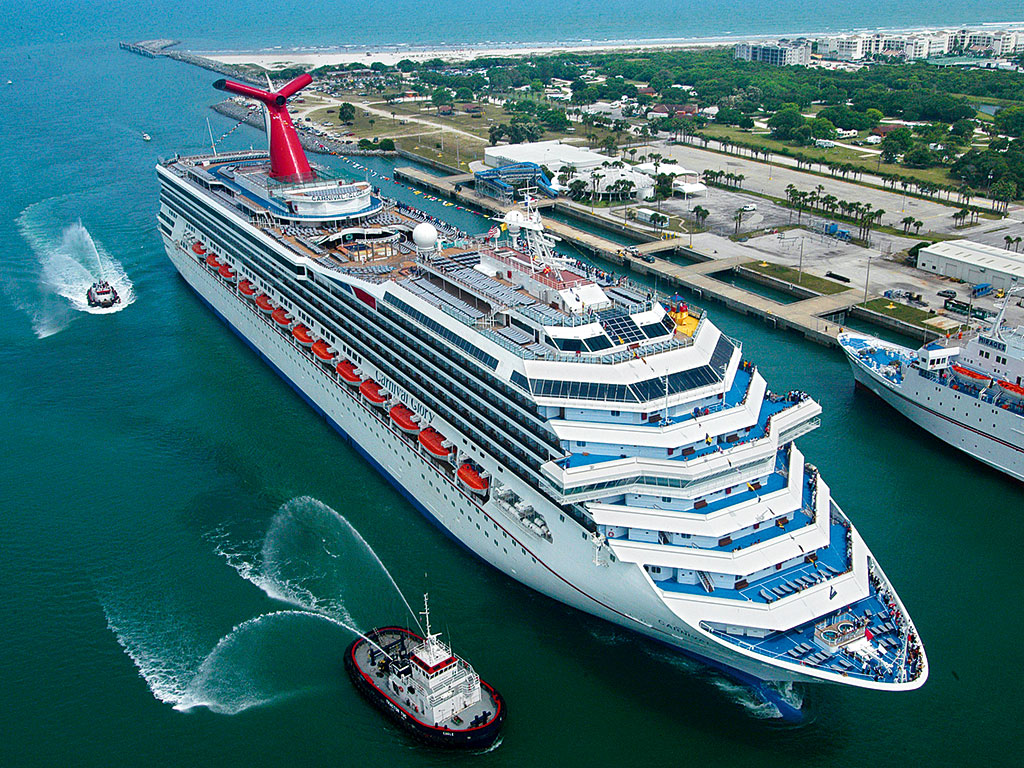
Carnival Corporation (NYSE:CCL) Financial Overview and Market Activity
- Loop Capital Markets analyst Laura Champine sets a price target of $22 for NYSE:CCL, indicating a potential downside.
- Anticipated Q2 earnings report showing significant year-over-year growth, with earnings expected to double and revenue to increase.
- Introduction of a new $4.5 billion revolving credit facility to enhance financial stability and liquidity.
Carnival Corporation (NYSE:CCL) is a major player in the cruise industry, known for its extensive fleet of ships and global reach. The company offers a variety of cruise experiences, catering to different demographics and preferences. As of June 23, 2025, Loop Capital Markets analyst Laura Champine set a price target of $22 for CCL, while the stock was trading at $23.77, indicating a potential downside of approximately -7.45%.
Carnival is preparing to release its second-quarter earnings results on June 24, 2025. Analysts expect the company to report earnings of 24 cents per share, a notable increase from the 11 cents per share reported in the same period last year. This anticipated growth reflects the company's efforts to recover and expand its operations post-pandemic. Additionally, Carnival is expected to announce quarterly revenue of $6.21 billion, up from $5.78 billion a year ago.
Recently, Carnival revealed a new $4.5 billion revolving credit facility, aimed at enhancing and extending its financial capacity. This move is part of the company's strategy to strengthen its balance sheet and ensure liquidity for future operations. The announcement of this credit facility coincided with a slight increase in Carnival's stock price, which closed at $23.77, reflecting a change of $0.16, or an increase of approximately 0.68%.
The current stock price of CCL is $23.77, with a trading range between $23.63 and $23.90 for the day. Over the past year, the stock has experienced a high of $28.72 and a low of $13.78, indicating significant volatility. Carnival's market capitalization stands at approximately $30.85 billion, with a trading volume of 17.48 million shares on the NYSE, highlighting investor interest and activity in the stock.
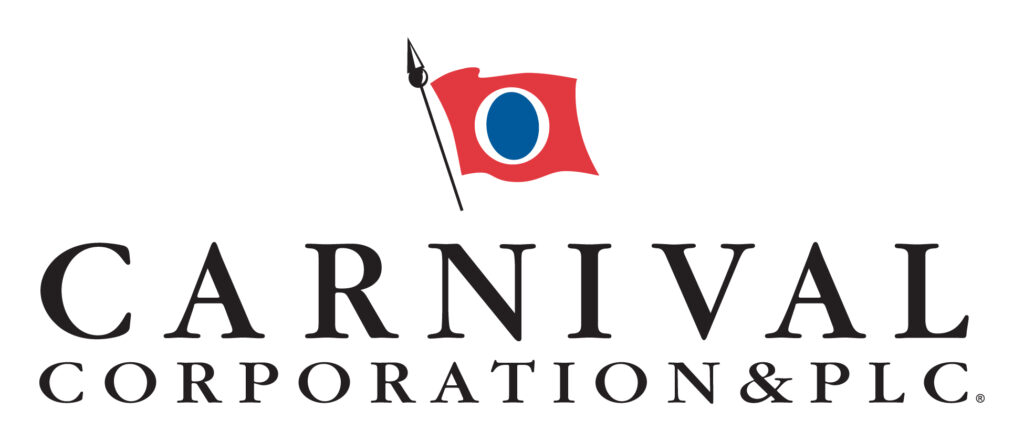
Carnival Corporation (NYSE:CCL) Maintains "Hold" Rating Ahead of Earnings Release
Carnival Corporation (NYSE:CCL) is a major player in the cruise industry, known for its extensive fleet of ships and global reach. The company operates a variety of cruise brands, offering diverse travel experiences. As a leader in the sector, Carnival faces competition from other cruise lines like Royal Caribbean and Norwegian Cruise Line.
On June 23, 2025, Loop Capital Markets maintained its "Hold" rating for Carnival, with the stock priced at $23.77. This decision comes as Carnival prepares to release its second-quarter earnings on June 24. Analysts expect earnings of 24 cents per share, a notable rise from the 11 cents per share reported in the same quarter last year. Carnival's anticipated quarterly revenue is $6.21 billion, up from $5.78 billion a year ago.
This growth reflects the company's efforts to recover from past challenges. Recently, Carnival secured a $4.5 billion revolving credit facility, enhancing its financial flexibility and capacity for future operations. The stock price of CCL closed at $23.77, marking a 0.7% increase. The stock has traded between $23.63 and $23.90 today, with a market capitalization of approximately $30.85 billion. Over the past year, CCL's stock has fluctuated, reaching a high of $28.72 and a low of $13.78. With a trading volume of 17.48 million shares, Carnival's stock activity remains robust. As the company gears up for its earnings release, investors and analysts are closely watching its performance and strategic moves in the competitive cruise industry.
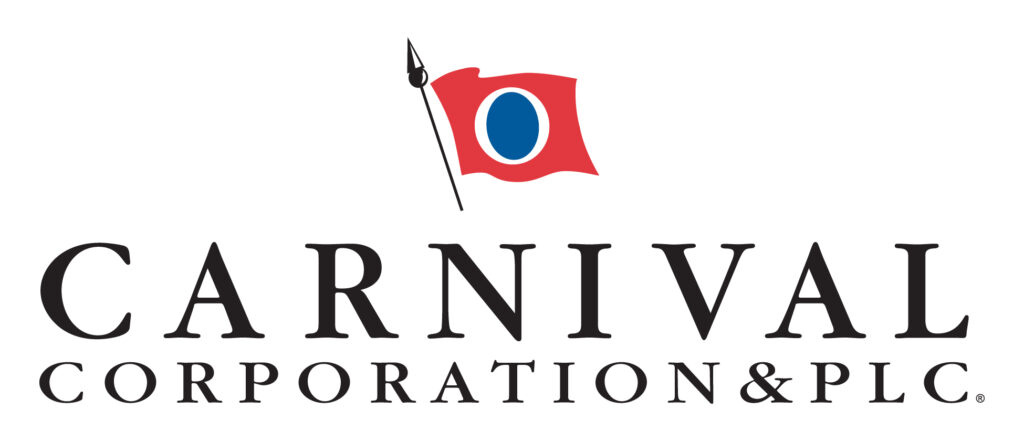
Carnival Corporation's Upcoming Earnings Report: A Comprehensive Analysis
- The expected earnings per share (EPS) for Carnival Corporation (NYSE:CCL) is $0.24, with projected revenue of $6.2 billion.
- Revenue growth is attributed to a 7.3% year-over-year increase, driven by strong demand for leisure cruising.
- Despite positive revenue and operational performance, Carnival's high debt-to-equity ratio of 3.09 poses potential financial challenges.
Carnival Corporation (NYSE:CCL) stands as a significant entity in the cruise industry, boasting an extensive fleet and a variety of travel options. With the quarterly earnings report scheduled for release on June 24, 2025, the financial community is closely monitoring the company's performance. Analysts have set the anticipated earnings per share (EPS) at $0.24, alongside a forecasted revenue of $6.2 billion. This crucial financial update is expected to be disclosed before the market opens, potentially influencing the stock's price dynamics.
The year-over-year earnings improvement is primarily linked to a 7.3% increase in revenue, propelled by the sustained demand for leisure cruising. This trend persists post-Covid-19, underscored by the competitive pricing of cruises relative to land-based vacations and the allure of all-inclusive travel packages. Market participants are especially focused on whether Carnival can exceed the projected EPS of $0.24, as surpassing these forecasts could catalyze a surge in its stock value.
Supporting Carnival's revenue growth are factors such as enhanced capacity, augmented onboard revenues, and recent price adjustments. The company's strategic fleet optimization efforts have significantly bolstered its operational efficiency and profitability. With a market capitalization of $31 billion and a twelve-month revenue of $25 billion, Carnival is strategically positioned within the industry. Nevertheless, the company's considerable debt-to-equity ratio of 3.09 underscores a heavy reliance on debt financing, which may present future hurdles.
Examining Carnival's financial metrics sheds light on its market valuation. The price-to-earnings (P/E) ratio stands at 15.06, reflecting the market's assessment of its earnings, while the price-to-sales ratio of 1.21 indicates the investor's willingness to pay per dollar of sales. The enterprise value to sales ratio of 2.29 suggests that the company is valued at more than twice its sales, considering its debt and cash. Furthermore, the enterprise value to operating cash flow ratio of 11.46 denotes the company's valuation in relation to its operational cash flow.
Despite these optimistic indicators, Carnival's ability to cover short-term liabilities is in question, as evidenced by its current ratio of 0.26. This figure implies potential difficulties in meeting short-term obligations with its current assets. As the earnings call nears, the management's commentary on business conditions will be pivotal in assessing the sustainability of any immediate price adjustments and future earnings prospects.
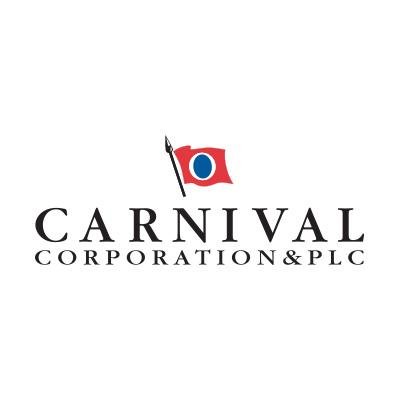
Carnival Corporation's (NYSE:CCL) New Price Target and Market Performance
Carnival Corporation (NYSE:CCL) is a major player in the cruise industry, offering a wide range of vacation experiences across its fleet of ships. The company operates globally, providing leisure travel services to millions of passengers each year.
Carnival faces competition from other cruise lines like Royal Caribbean and Norwegian Cruise Line, but it remains a dominant force in the market. On March 26, 2025, Ivan Feinseth from Tigress Financial set a new price target for Carnival at $32. At that time, the stock was trading at $21.03, suggesting a potential increase of approximately 52.2%.
This optimistic outlook comes despite a recent slight decline in the stock price, which dropped by 0.86%, as highlighted by The Motley Fool. The current stock price of CCL is $21.08, reflecting a decrease of 0.87% with a change of $0.19. Today, the stock has fluctuated between a low of $20.86 and a high of $21.39.
Over the past year, CCL has reached a high of $28.72 and a low of $13.78. The company's market capitalization stands at approximately $27.26 billion, with a trading volume of 6.77 million shares on the NYSE. Despite the recent decline, Carnival is presented with a unique opportunity to enhance its profitability while mitigating risks.







